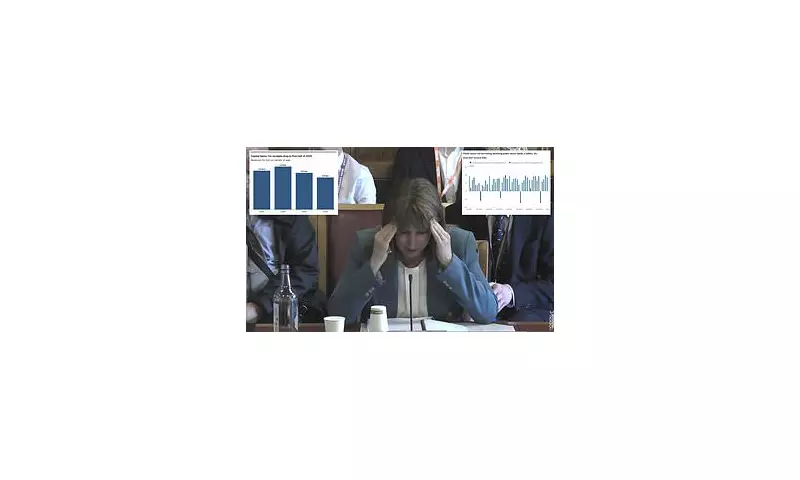
Labour's ambitious plans to increase taxes on the wealthy are facing fresh scrutiny after warnings from financial giants like Goldman Sachs. Shadow Chancellor Rachel Reeves' proposal to reform Capital Gains Tax (CGT) could actually reduce government revenue, according to City analysts.
City Warns of Unintended Consequences
The financial heart of London is buzzing with concern as experts predict Labour's tax reforms might achieve the opposite of their intended effect. Goldman Sachs analysts suggest that higher CGT rates could discourage investment activity, potentially leading to lower overall tax receipts.
Reeves' Dilemma: Balancing Fairness and Revenue
Rachel Reeves has positioned herself as a chancellor-in-waiting committed to making the tax system "fairer." However, her plan to align CGT rates with income tax levels is creating headaches:
- Current CGT rate: 20% for higher-rate taxpayers
- Proposed rate could nearly double to 40% or 45%
- Historical data shows CGT revenues often fall after rate increases
The London Factor
The proposals are causing particular concern in London's financial district, where many high-net-worth individuals and investment firms operate. Some wealth managers report clients are already exploring tax mitigation strategies in anticipation of potential Labour reforms.
"There's a real risk of killing the golden goose," warned one senior banking executive who asked not to be named. "The Treasury might end up with less money to fund public services, not more."
Political Calculus
With the next general election looming, Labour's tax policies are coming under intense scrutiny. The party must balance its commitment to greater equality with the practical realities of maintaining Britain's competitive edge in global finance.





